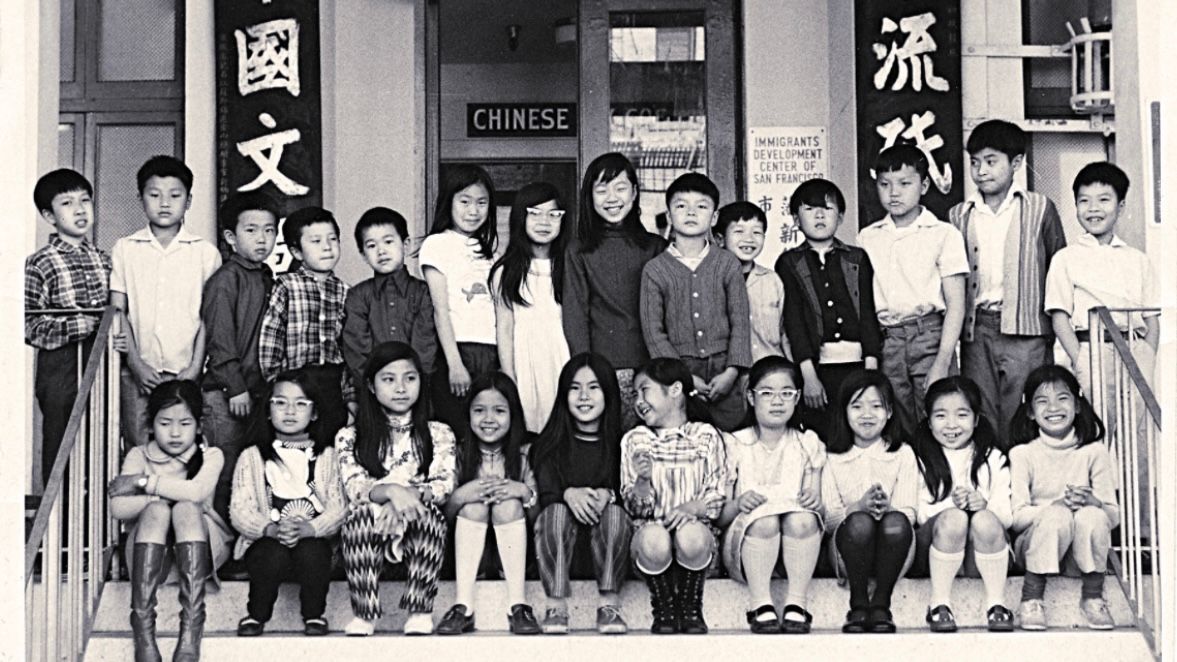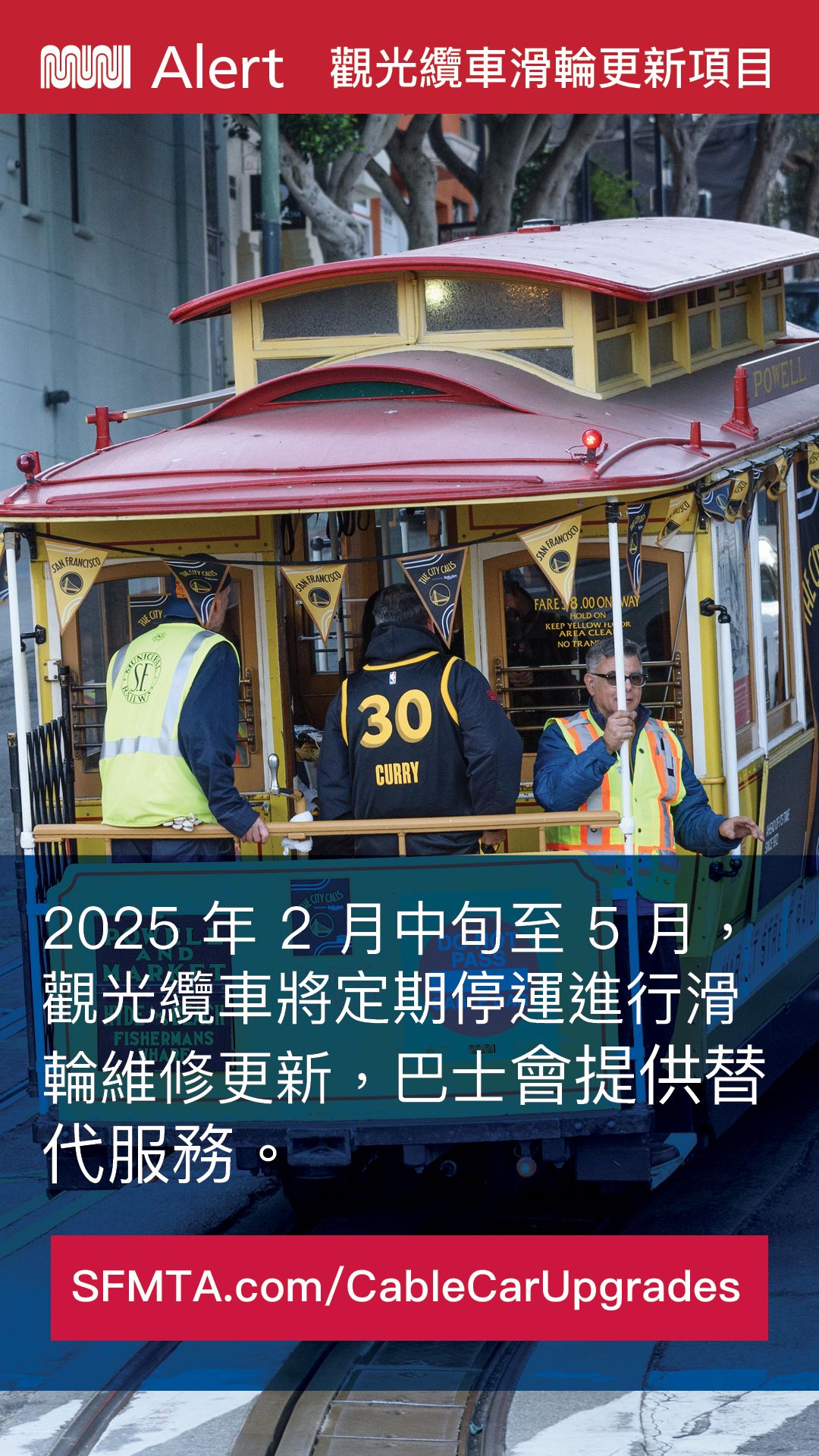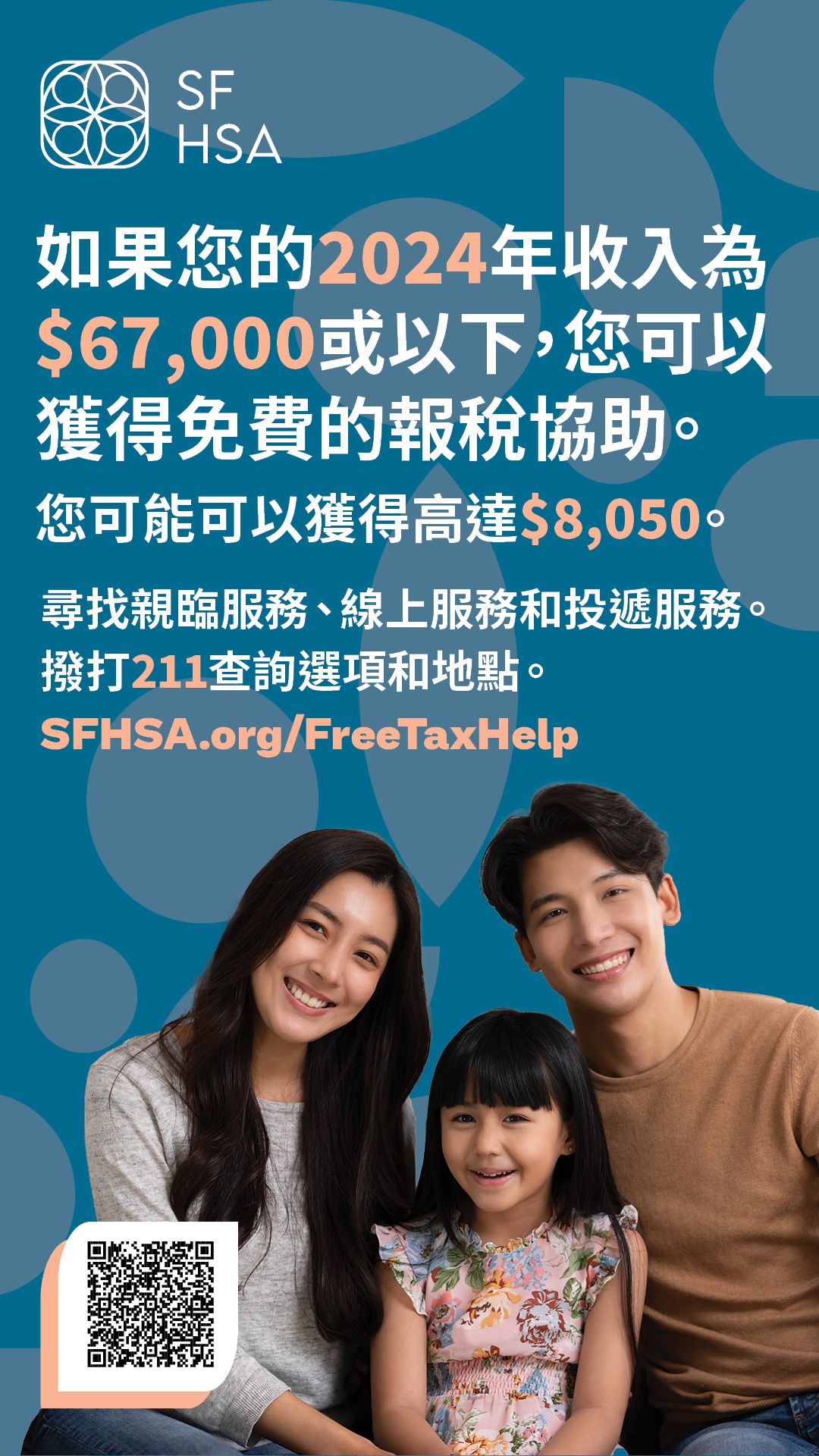50th anniversary of Lau v. Nichols landmark ruling on the rights of immigrant students for bilingual education


(SAN FRANCISCO) January 21, 2024 marks the 50th anniversary of the U.S. Supreme Court historic ruling on Lau v. Nichols in 1974. The Supreme Court unanimously ruled in favor of the non-English speaking Chinese immigrant students who sued the San Francisco Unified School District (SFUSD) for bilingual education in order to receive meaningful schooling services. The landmark ruling has paved the way for the establishment of bilingual education at public school systems nationwide.
On the day of the 50th anniversary of this landmark ruling, Congressional Asian Pacific American Caucus (CAPAC) wrote in a statement that the Supreme Court's 1974 decision created the legal basis for bilingual education and language access services and expanded rights for students with Limited English Proficiency (LEP).
"Since the decision, courts have relied on Lau v. Nichols for several language access cases, which have increased opportunities for LEP individuals nationwide. In 2020, 5 million public school students, including over 500,000 Asian American, Native Hawaiian, and Pacific Islander (AANHPI) students, were English learners," CAPAC stated.
“Over 50 years ago, young students of Chinese descent in my home state of California joined together to stand for their right to an equal public education. Their case and the resulting Supreme Court decision in their favor continues to be a significant milestone for educational equity and language access for AANHPI and immigrant communities today,” said CAPAC Chair Rep. Judy Chu (D-Monterey Park).
“As we recognize this anniversary of Lau v. Nichols, we must build upon its legacy by increasing language access across the entire federal government, so that everyone that calls America home can fully participate in public education and all areas of public life,” said Chu.
CAPAC First Vice-Chair Rep. Grace Meng (D-New York) echoed and commented, “50 years ago, the Supreme Court recognized that language access is a civil right. In Lau v. Nichols, a group of brave Chinese American families fought for their children—and all children with limited English proficiency—to have access to supplemental English language learning in public schools. I am proud to carry on the legacy of Lau v. Nichols in my efforts to expand language access in federal programs so that all Americans may have truly equal opportunity.”
“50 years ago, the Supreme Court decided Lau v. Nichols, which expanded access to education for students with Limited English Proficiency (LEP). Access to quality education is essential to building the American Dream, creating empowered communities, and boosting the economy. All students deserve an opportunity to succeed academically, regardless of their heritage, nation of origin, or language abilities. Lau reaffirmed our nation’s commitment to equality and justice for all, inside and outside the classroom,” said CAPAC Whip Rep. Ted Lieu (D-Los Angeles).
As the defendant in the historic lawsuit, San Francisco Unified School District issued a statement on the day of the 50 anniversary of the ruling. "The SFUSD is recognizing the 50th anniversary of the Lau v. Nichols Consent Decree in 1974, which required the district to ensure that all multilingual learners (MLs) had access to the core curriculum by providing appropriate instructional services. The decision on Jan. 21, 1974 continues to require school districts across the country to take affirmative action to provide programs and services for multilingual learners and their families."
The 45-year Consent Decree imposed by the court to SFUSD in the case ended in June 2019. On Oct. 10, 2023, the San Francisco Board of Education adopted a Roadmap for Multilingual Learner (ML) Achievement and Success to replace the English Learner plan developed under the Lau Consent Decree.
“In SFUSD we are committed to ensuring the success of our multilingual learners with the Multilingual Learner Roadmap as our guide,” said Superintendent of SFUSD Dr. Matt Wayne. “Here in SFUSD we enroll students who speak dozens of different languages and our public schools benefit greatly from this diversity."
Wayne said the school district has aimed to develop multilingualism and multiculturalism for the students to ensure they are prepared to succeed in the 21st century.
The landmark lawsuit originated in San Francisco. In 1971, the San Francisco school system was integrated. As a result, the San Francisco school system absorbed over 2,856 students of Chinese ancestry who were not proficient in English. Of these students, the school system only provided about 1,000 with supplemental English language courses. Classes were taught exclusively in English, according to the facts of the case.
Even though the Bilingual Education Act was passed by Congress in 1968 to address the needs of limited English speaking abilities students, its application was limited.
25-year-old young lawyer Edward Steinman, who graduated from Stanford University, reached out to the parents of Kinney Kinmon Lau and other Chinese students with limited English proficiency who received no supplemental English courses. Steinman encouraged them to challenge the school district.
Lau and other Chinese immigrant students filed a class action suit against Alan Nichols who was the President of the Board of Education at SFUSD in 1972. The students claimed that the failure to provide supplemental English classes constituted an unequal educational opportunity in violation of the Fourteenth Amendment and the Civil Rights Act of 1964.
The U.S. District Court denied relief, holding that the policies of the school system did not violate the Fourteenth Amendment or the Civil Rights Act. The Ninth Circuit of the United States Court of Appeals affirmed. Lau and other students appealed all the way to the highest court.
SFUSD defended that all students including Chinese immigrant students were treated equally with equal opportunities for public education.
Justice William Douglas delivered the opinion of the court and wrote, "The failure of the San Francisco school system to provide English language instruction to approximately 1,800 students of Chinese ancestry who do not speak English, or to provide them with other adequate instructional procedures, denies them a meaningful opportunity to participate in the public educational program and thus violates the Civil Rights Act of 1964, which bans discrimination based 'on the ground of race, color, or national origin,' in 'any program or activity receiving Federal financial assistance,' and the implementing regulations of the Department of Health, Education, and Welfare."
- Do empty yellow loading zones best serve the San Francisco Chinatown community?
- T&T Supermarket, largest Asian grocery chain in Canada, announces to open at San Francisco City Center on Geary Blvd. in winter 2026
- (Breaking news: Charlene Wang wins in the Oakland's special election) Charlene Wang runs for Oakland District 2 Councilmember on April 15, 2025 to represent Oakland Chinatown
- Mayor Lurie announces plans to support small businesses including First Year Free program waiving fees for new businesses
- 12 speed safety camera systems out of 33 begin to operate in San Francisco by first issuing warnings instead of citations for 60 days
- Taipei Economic and Cultural Office extends services with opening of its permanent home in San Francisco
- Zu Shun Lei, 90, publishes his comic books to bring joy and laughter into the community
- Prop K opponents sue to stop permanently closing Upper Great Highway for an oceanfront park






